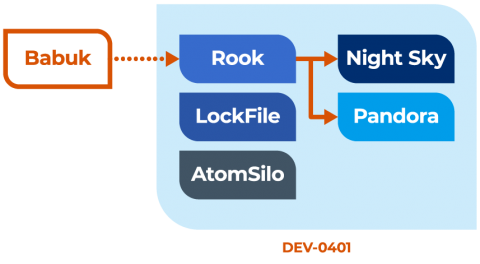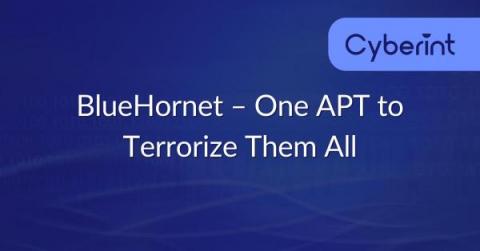Night Sky: A Short-Lived Threat from a Long-Lived Threat Actor
In a new threat briefing report, Vedere Labs analyzes the behavior of the Night Sky malware on two samples, presents a list of IoCs extracted from the analysis and discusses mitigation. The Night Sky ransomware was first reported on January 1, 2022. Victims were asked to contact the attackers to pay for the ransom. If the victims refused to pay, attackers threatened to expose their data on a leak site.










